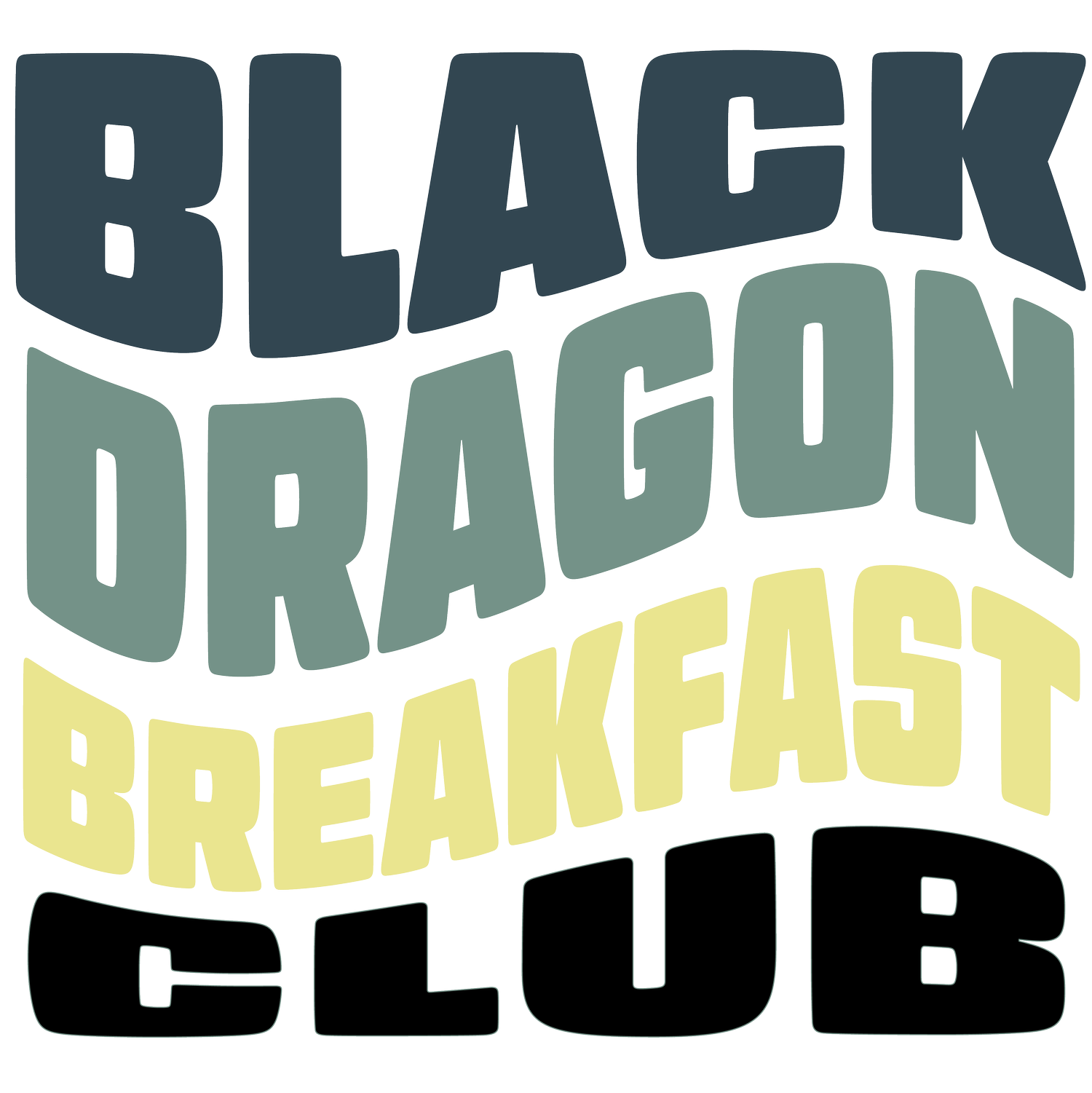Black Womanism and Plant Medicine: The Intersection of Healing and Empowerment
"We can't heal as a people if we're not willing to heal ourselves first." - Aja Barber
As Black and African women, our journey to self-care and empowerment begins with honoring our ancestral wisdom and reclaiming our health through herbal healing. Our ancestors used plants and herbs to heal their bodies and minds, and we can continue this tradition today by incorporating plant medicine into our self-care routine.
Plant medicine refers to the use of plants and herbs for medicinal purposes. These remedies can be made into teas, tinctures, salves, and other forms to help heal various ailments, from physical pain to emotional distress. Using plant medicine allows us to reconnect with the natural world and nourish our bodies with natural remedies that have been used for centuries.
One of the key principles of Black womanism is the importance of self-care. We cannot pour from an empty cup, and it is crucial that we prioritize our own well-being in order to show up fully for ourselves and our communities. Incorporating plant medicine into our self-care routine is a powerful way to nourish our bodies and minds and promote overall wellness.
There are many different types of plant medicine, each with its own unique properties and benefits. For example, lavender can help soothe anxiety and promote relaxation, while ginger can aid in digestion and relieve nausea. Chamomile is known for its calming properties and can help promote restful sleep, while echinacea is commonly used to boost the immune system and fight off infections.
When incorporating plant medicine into your self-care routine, it is important to do your research and consult with a healthcare professional, particularly if you are on any medications or have underlying health conditions. There are also many resources available online and in your community to help you learn more about herbal healing and find the right remedies for your needs.
In addition to supporting our own health and well-being, incorporating plant medicine into our self-care routine can also be a form of resistance against the dominant Western medical system, which has a history of neglecting and exploiting Black and African bodies. By reclaiming our traditional healing practices, we are taking control of our own health and promoting a system of care that is rooted in our own cultural traditions and experiences.
In conclusion, Black womanism and plant medicine offer a powerful path to self-care and empowerment for Black and African women. By honoring our ancestral wisdom and reclaiming our health through herbal healing, we can nourish our bodies and minds, promote overall wellness, and resist the harmful systems that have historically oppressed us. Let us continue to prioritize our own well-being and support each other in our journey towards healing and empowerment.
Takeaways:
Incorporating plant medicine into your self-care routine is a powerful way to nourish your body and mind and promote overall wellness.
Research and consult with a healthcare professional before incorporating plant medicine into your routine, particularly if you have underlying health conditions or are on medications.
Reclaiming our traditional healing practices is a form of resistance against the dominant Western medical system and promotes a system of care rooted in our own cultural traditions and experiences.
Resources:
"Herbal Healing for Women" by Rosemary Gladstar
"The Herbal Medicine-Maker's Handbook" by James Green

